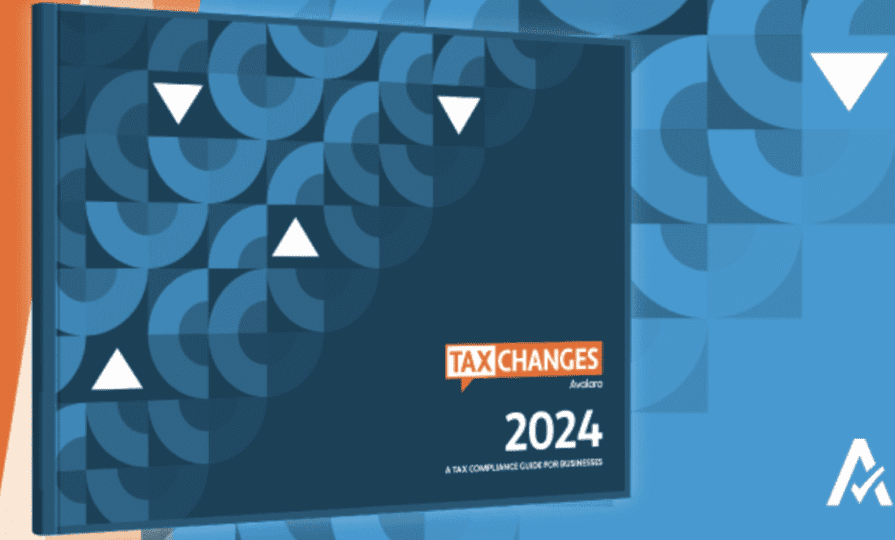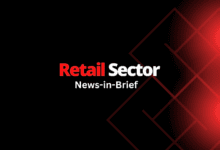Avalara Tax Changes 2024: Be aware of the upcoming compliance issues

Businesses should be alert to important changes to the tax compliance landscape in the year ahead. Avalara Tax Changes 2024 is a comprehensive report covering upcoming compliance issues and challenges from around the world — below is an overview of those most important to e-commerce sellers operating across borders.
E-invoicing and the digitalisation of tax compliance
Governments and tax authorities around the world are ramping up their efforts to digitalise tax compliance and administration. Businesses selling across borders must keep up with developments, particularly when it comes to e-invoicing and live reporting. E-invoicing is central to the future of tax compliance, and the rollout of mandates shows no signs of slowing down.
E-invoicing and live reporting enable governments to gain greater visibility into transactional data, putting them in a better position to tackle tax fraud and reduce the VAT gap (the estimated difference between expected VAT revenue and actual VAT revenue collected). Businesses adopting e-invoicing can increase the efficiency of their finance teams, save on costs, and free up resources that would otherwise be tied up by manual processes.
Now that the EU’s plan to modernise VAT — VAT in the Digital Age (ViDA) — makes it easier for member states to mandate e-invoicing (by removing the requirement for permission from the European Commission), businesses must understand that making the switch to e-invoicing is a matter of when, not if.
Changes to customs processes, and the benefits to sellers
Sellers should look out for a number of changes to how goods are processed when moving through customs. These changes are being driven by issues of security and sustainability, and facilitated by technology.
A new EU customs data hub, which will enable authorities to better respond to potential security threats, will help to speed up the customs process for goods arriving in the EU. How? By allowing sellers to submit data just once to a centralised system for multiple consignments, instead of having to submit data for each parcel.
On the subject of security, the release of the third and final phase of the EU’s security initiative — Import Control System 2 (ICS2) — means businesses sending goods to the EU by any routes and means will be required to submit additional safety and security information prior to their arrival.
The European Commission believes such customs reforms will become part of a wider and more modern approach to how e-commerce is conducted, and one that aids rather than hinders businesses selling across borders.
If taking advantage of Import One-Stop Shop (IOSS) — the EU scheme that makes it easier for businesses to sell into the EU by allowing them to register in a single member state — businesses previously had to declare and pay EU import VAT on goods with a consignment value below €150. As another benefit to businesses moving goods across borders, this threshold has been removed, lowering compliance costs.
Sustainability updates to keep in mind
Another way technology is being used to monitor goods moving across borders is to analyse the raw materials and production and transportation processes to calculate their carbon footprint. The EU uses software to monitor the effectiveness of its Carbon Border Adjustment Mechanism (CBAM) — a levy on industries with significant emissions that aims to ensure the carbon content of imported goods is equivalent to those produced within the EU. More and more countries are implementing similar systems, aided by technology. Australia, for example, looks set to move ahead with a similar system in an effort to hit national sustainability goals.
Get Avalara Tax Changes 2024
The above is a snapshot of compliance updates and challenges for the year ahead. For more in-depth analysis of compliance issues and updates from around the world, get your copy of Avalara Tax Changes 2024.



